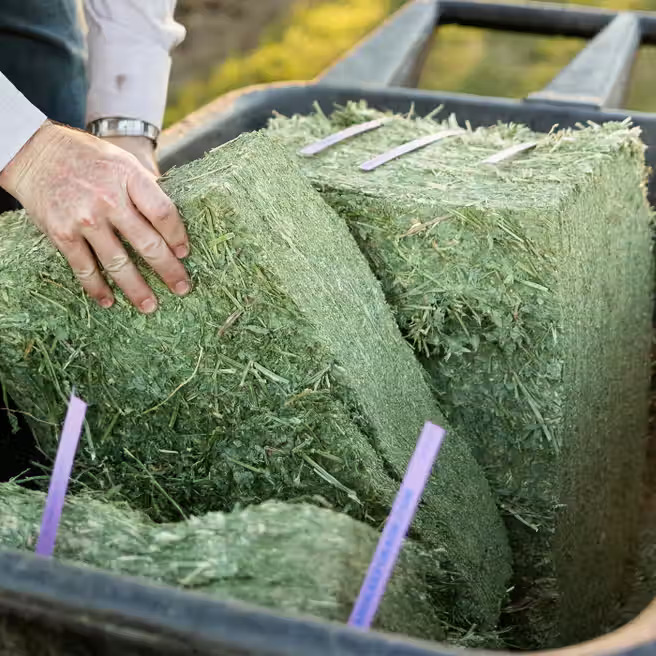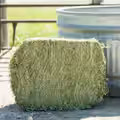Food for Horses & Camels

Apex Global assisted in securing and exporting Alfalfa from the beautiful rich Alberta Canada. Apex Global has a very strong working and business relation with variuos farmers and organizations across Albert.
Feeding horses and camels properly is essential for their health and well-being, and their nutritional needs are quite different due to their distinct digestive systems and natural diets.
Horses
1. Forage:
Hay: High-quality hay (such as alfalfa or timothy) is essential as the primary source of fiber.
Grass: Fresh pasture is excellent when available, providing essential nutrients and fiber.
2. Concentrates:
Grains: Oats, barley, and corn can be included, but should be balanced and given in moderation. Ensure they are appropriate for the horse’s activity level and health.
Pellets: Commercially prepared feeds or pellets designed for specific needs (e.g., performance, weight gain, senior horses) can be beneficial.
3. Supplements:
Vitamins and Minerals: Depending on the forage quality, additional supplements may be necessary to provide essential vitamins and minerals.
Salt: Access to a salt block is important for overall health.
4. Water:
Clean Water: Always provide access to clean, fresh water.
Camels
1. Forage:
Hay: Camels can eat various types of hay, such as alfalfa and timothy.
Dry Pasture: Camels are adapted to arid conditions and can consume dry, coarse vegetation.
2. Concentrates:
Grains: While camels can eat grains like barley and oats, they should be given in moderation.
Commercial Feed: Specialized camel feed may be available, formulated to meet their nutritional needs.
3. Supplements:
Salt and Minerals: Access to salt and a mineral supplement can help meet their nutritional needs, particularly in areas where forage might be deficient.
Vitamins: Depending on their diet, additional vitamins might be required.
4. Water:
Fresh Water: Camels can drink large quantities of water at once, and they should always have access to clean water.
Additional Considerations:
Horses: Their diet needs to be carefully balanced to prevent conditions such as colic, laminitis, and metabolic disorders. Regular dental check-ups and maintaining a consistent feeding schedule are also important.
Camels: They are well-adapted to desert environments but need a diet that compensates for the nutrient scarcity in their natural forage. Their ability to drink large amounts of water in one go is a key adaptation to their environment.
In both cases, it’s crucial to consult with a veterinarian or an equine nutritionist to tailor the diet to the specific needs of the horse or camel, considering factors like age, activity level, and health status.







